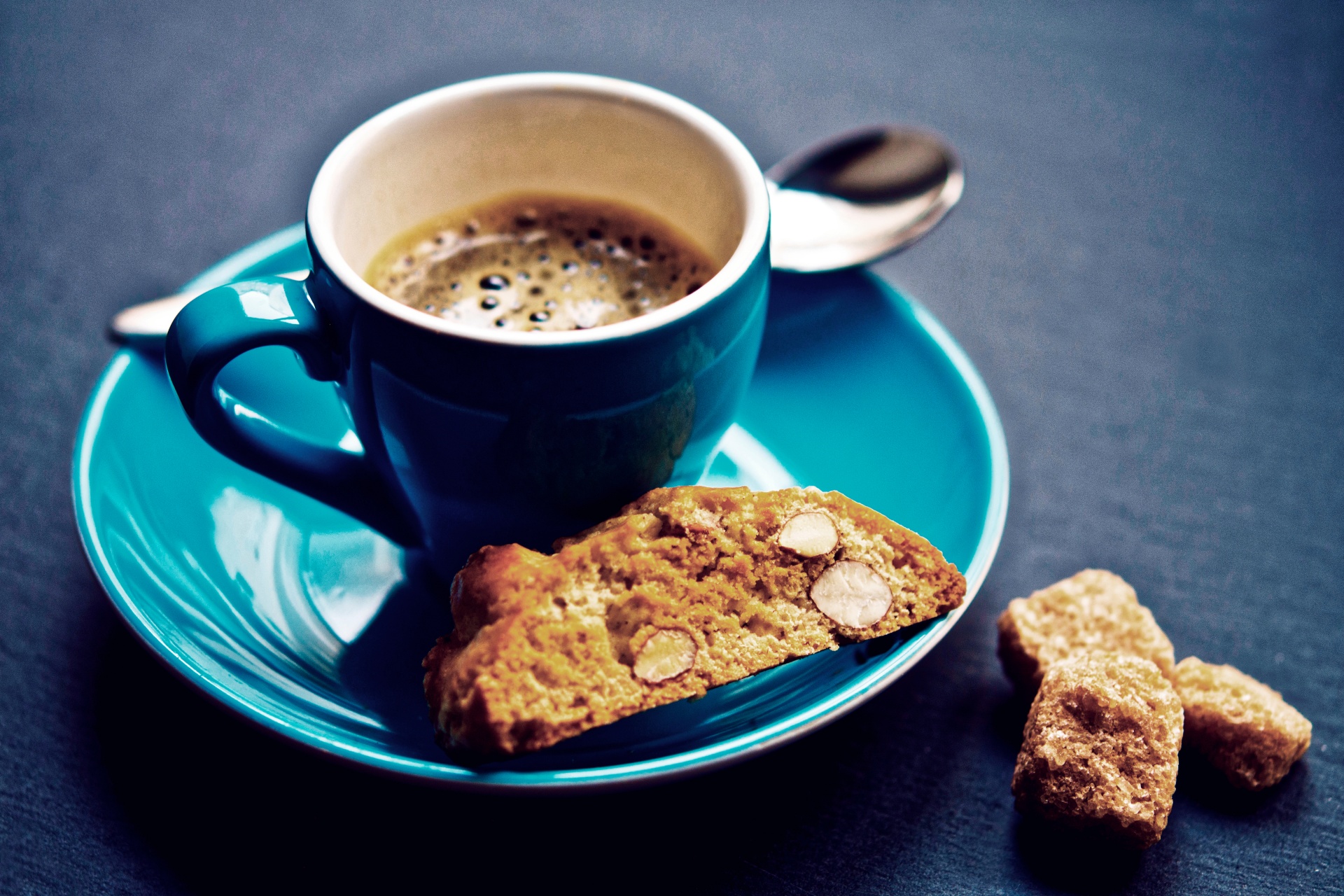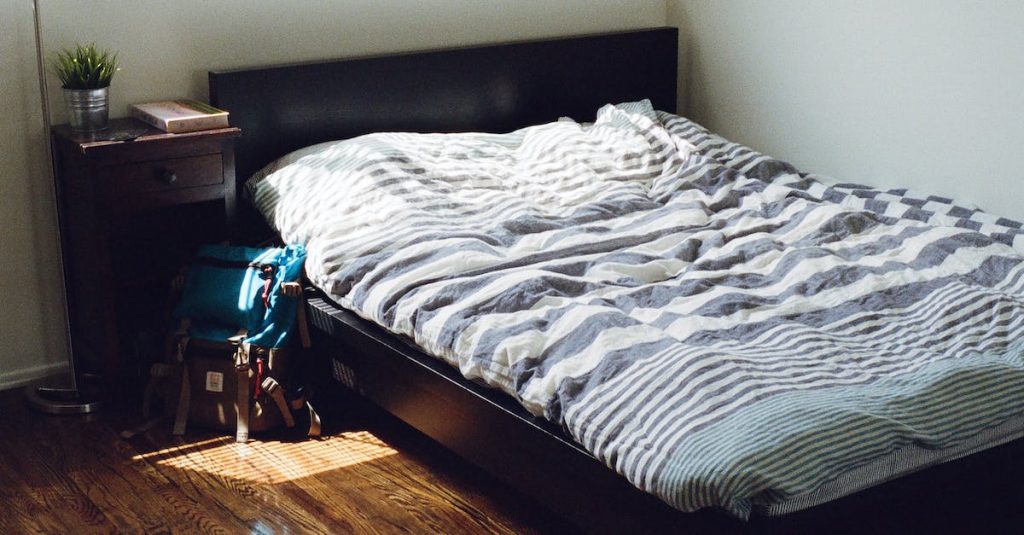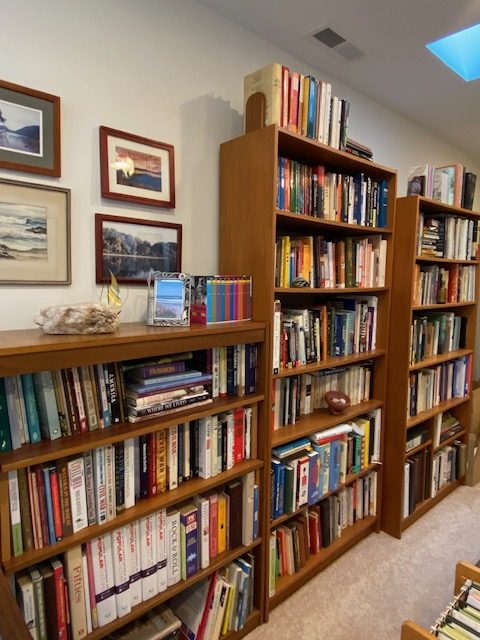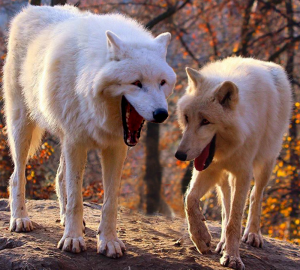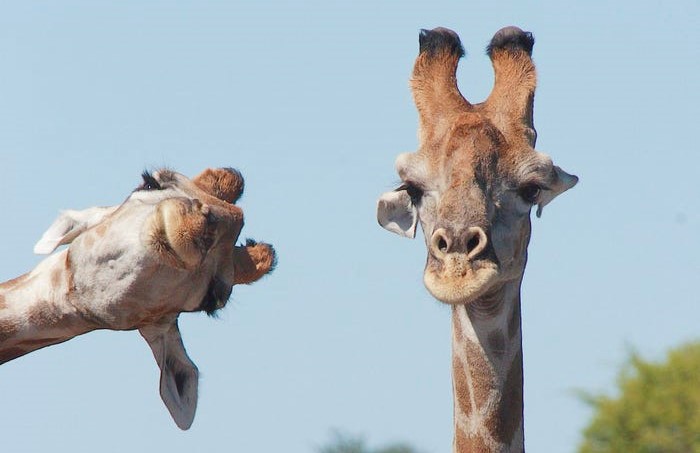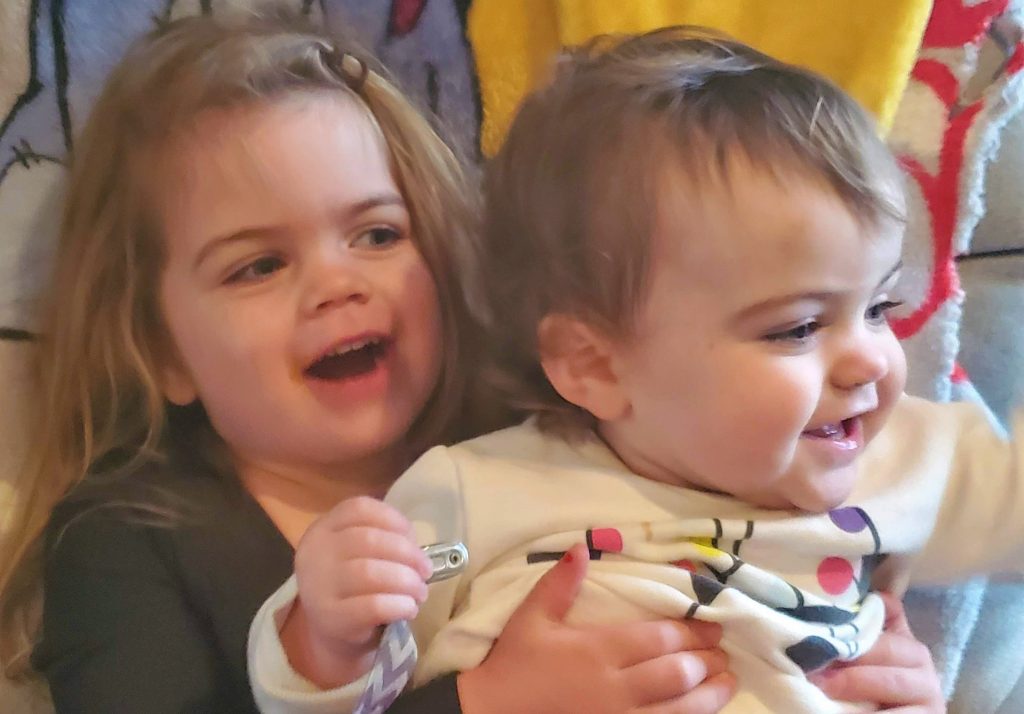The first thing I’ll say about life’s simple pleasures is that with age I am more conscious of them. That’s probably because I have more time to notice—and this is a good thing! These are among my pleasures, in no particular order.
Weather and seasons affect me daily, and always have. In the past, mostly that’s been for practical reasons: do I need an umbrella? A snow shovel? Extra sunscreen? While those questions are still relevant, now I’m also aware of breezes on my face, and the skyscape—bare branches against “Carolina”
blue sky—seasonal changes, and the varied faces of clouds.
I have stained glass panels hanging in the window over the sink and in my study window. Sunlight through those windows gives me great pleasure, more than either sunlight or colored glass alone. This underscores my preference for daylight over dark.
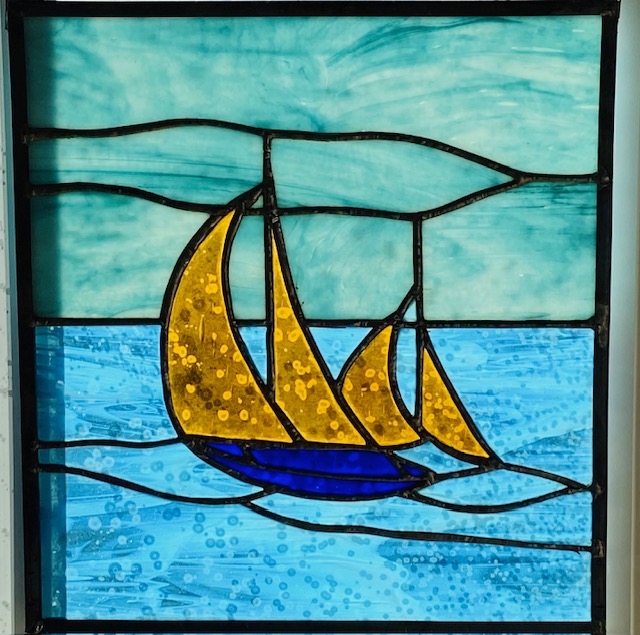

Drinking many mugs of water every day has made me aware of the pleasure of ice cubes—one of my favorite things! Our old refrigerator wasn’t dispensing ice well for months, so the contrast with the new one is stark.
And speaking of sensory pleasures, I enjoy flannel sheets and down comforters, and lying in bed deciding whether to get up then or later. (It’s usually later.) Even better is turning off the alarm and going back to sleep. And in a similar vein: I like to nap in my recliner in late afternoon.
With the exception of high winds and rain, virtually every breakfast and lunch brings the pleasure of bird and squirrel watching. I’ve now learned the names of our resident bird species: house finches, gold finches, bluebirds, blue jays, titmice, chickadees, robins, mourning doves, mocking birds, cardinals, white-throated sparrows, catbirds, grackles and starlings, and the occasional sharp shinned hawk. I can
usually remember them! But I enjoy them regardless.
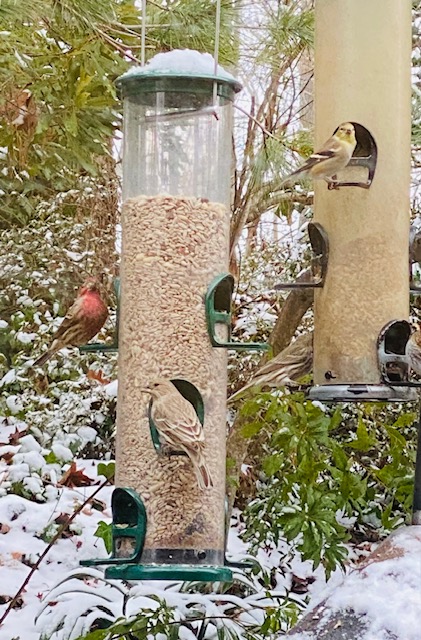

The other kitchen table pleasure is watching squirrels. I admire their athleticism. It’s amazing what having back feet that can rotate 180 degrees allows them to do! All the males I call Stanley and all the females, Olive.
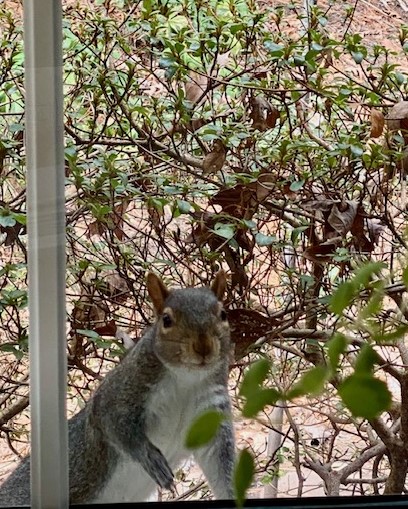
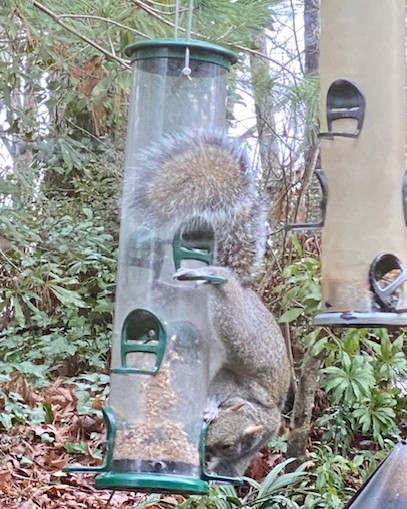
Speaking of kitchen pleasures reminds me of coffee—strong, black, and moderately hot. Mocha java, Moka Batak Blend, and Columbian Supremo are among my favorites. Three particular coffee pairings bring pleasure: cranberry-nut bread with plain goat cheese, crusty bread with havarti, and anything chocolate!
Reading. I read every day—sometimes long into the night. Having more books on hand than I’ll have time to read is wonderful. I’ve often said it’s like money in the bank. Should I ever be laid up for three months, I’m prepared!
Read what? It scarcely matters. Mysteries, action/adventure, romance, creative non-fiction, memoirs, popular science… Not much poetry. But a related pleasure is finally allowing myself to not finish a book that is boring or poorly written.
And then there is laughter. It can be any sort of laughter, from giggles to guffaws, tinkling to belly laughs, as long as it comes from joy and pleasure.
Life’s small pleasures are nearly limitless. Blooming plants. Mah Jong tiles, the look as well as the feel of them. Playing computer solitaire. Playing with my jewelry, organizing “sets” of pieces that I find make pleasing combinations.
Rocks, stones, shells, sticks. A completely silent house. This list could run on, but I won’t let it.
You’ll notice that I haven’t mentioned family, friends, love, good health, writing or other big pleasures—because they are big—but pleasurable they are.
Bottom Line: Stop and smell the honeysuckle. You will be glad you did.
